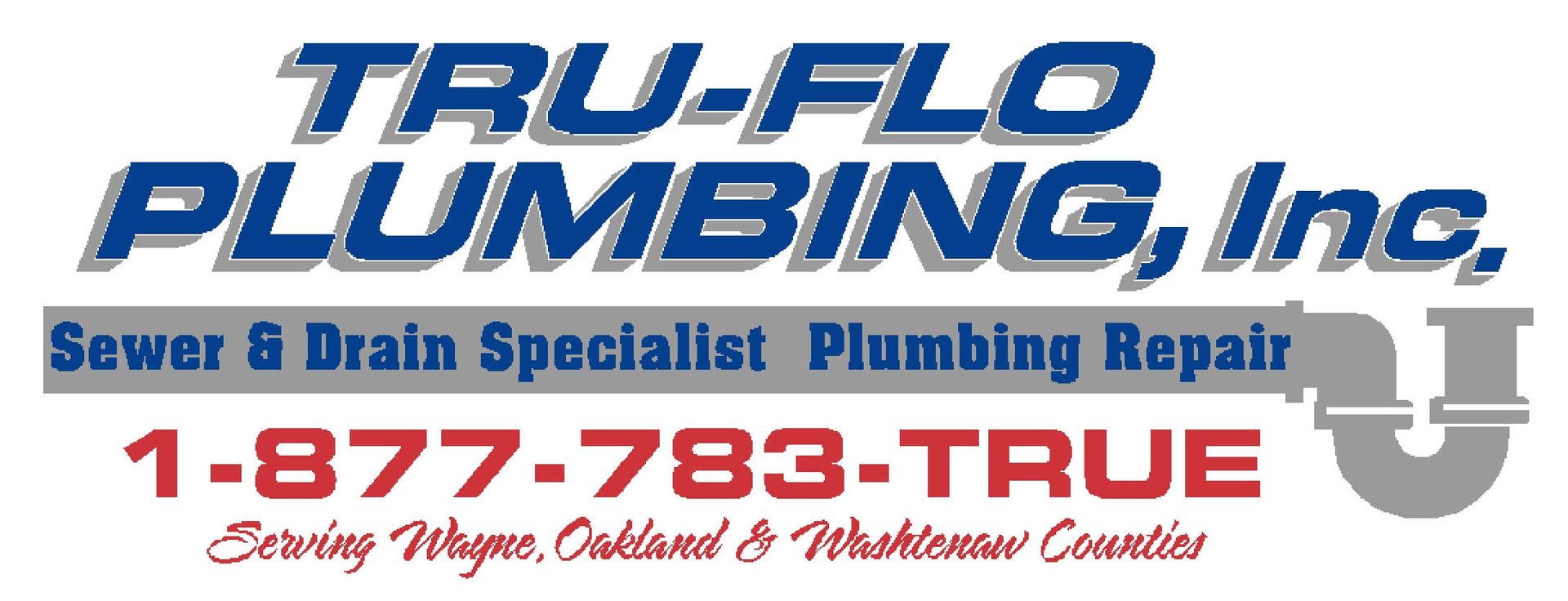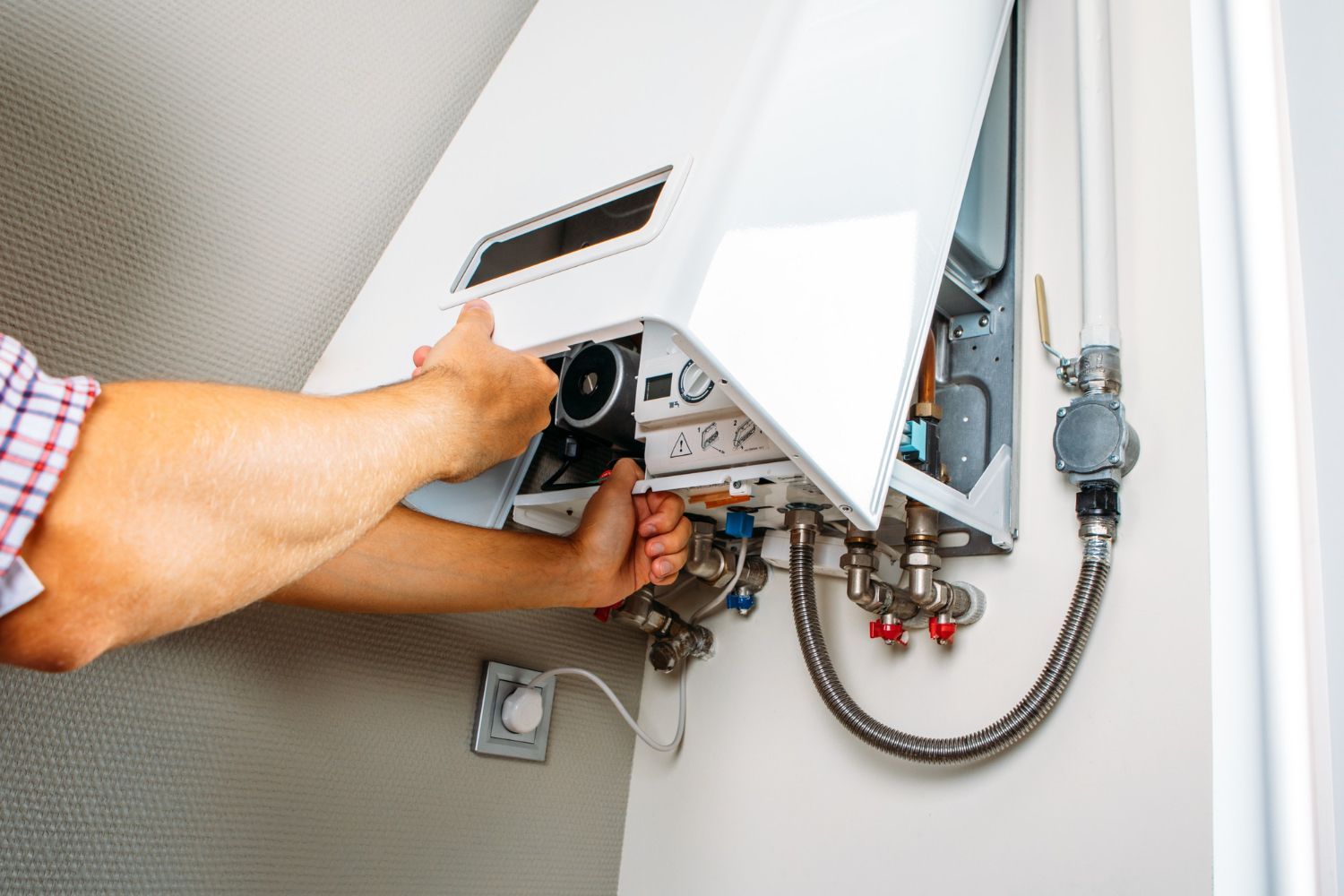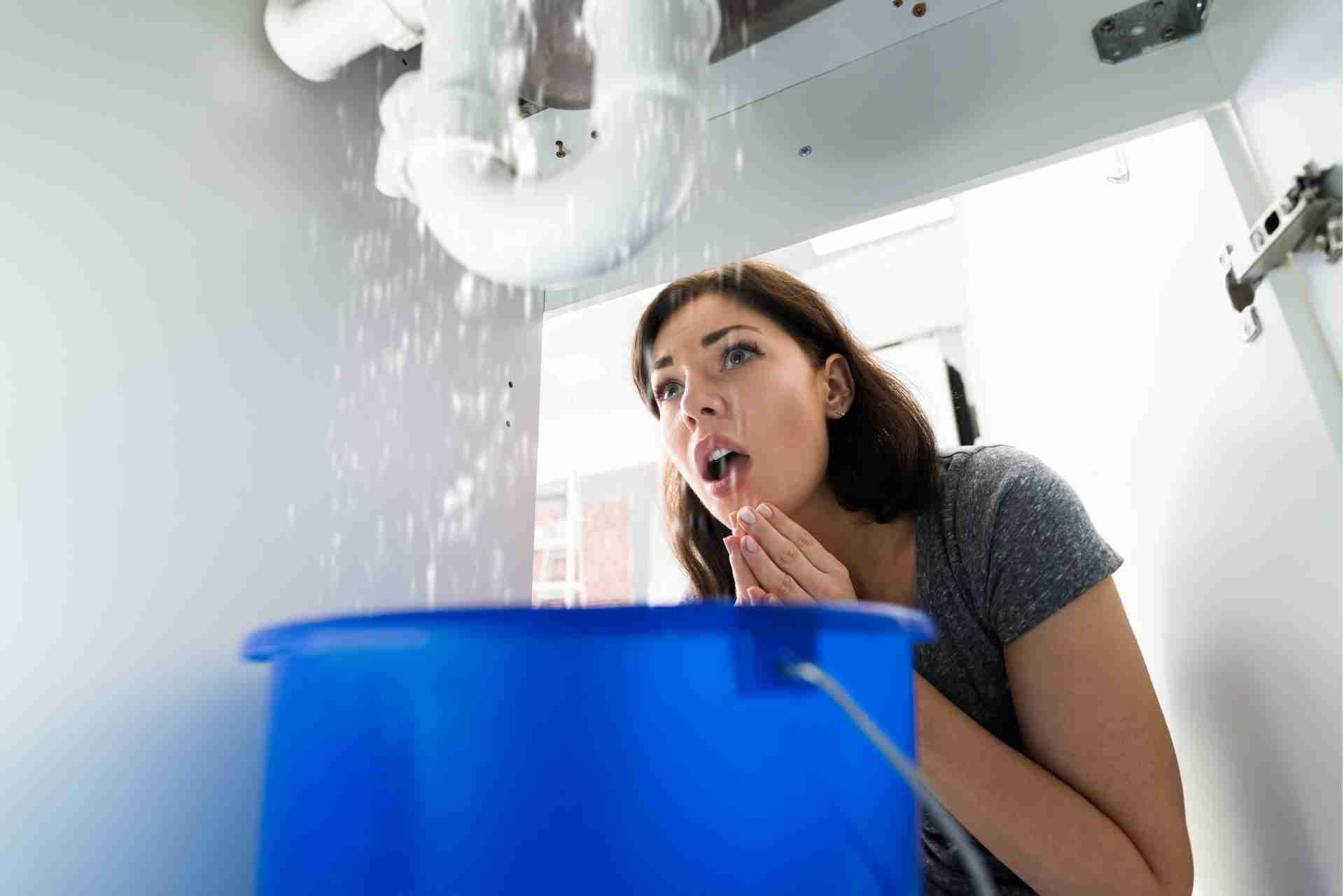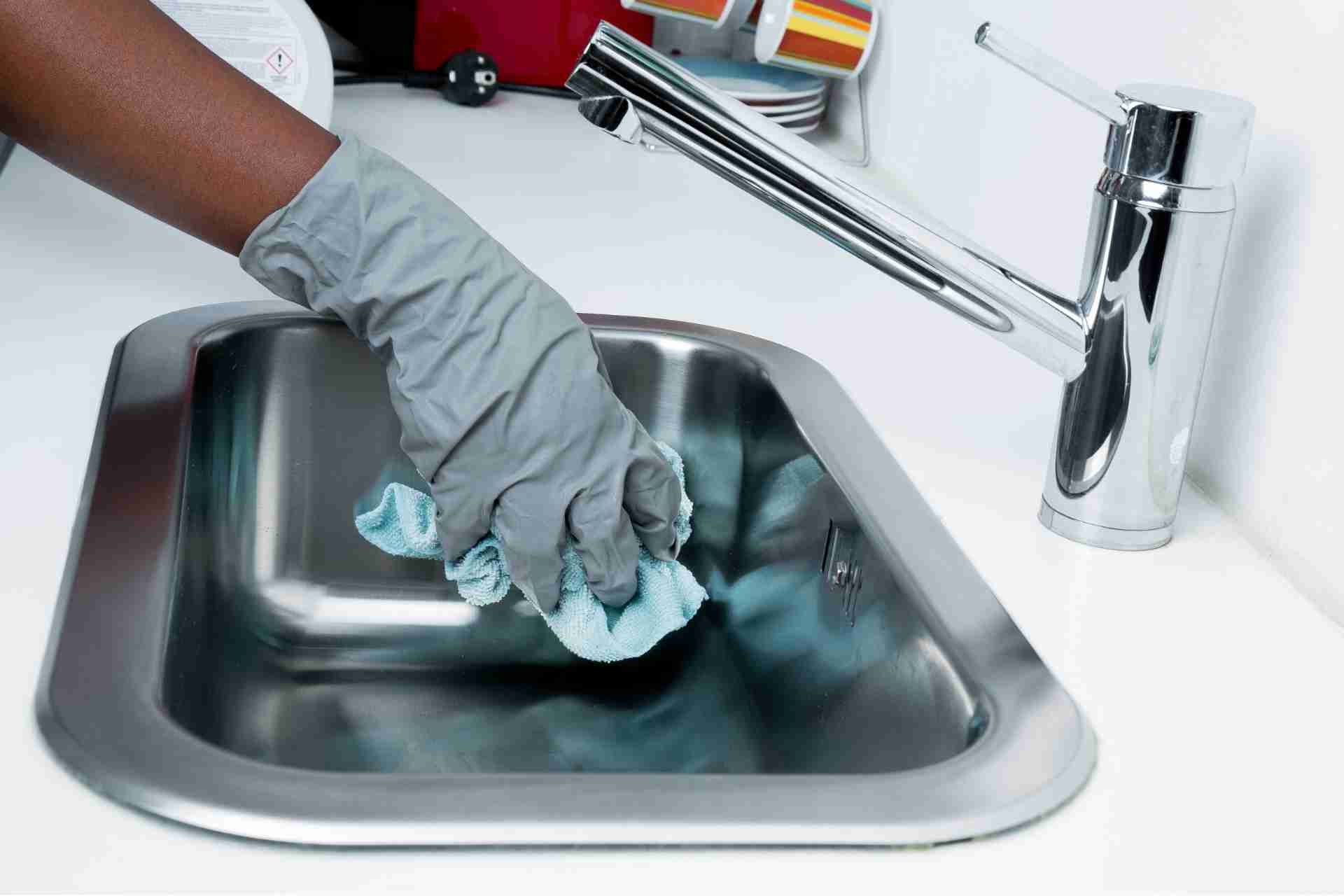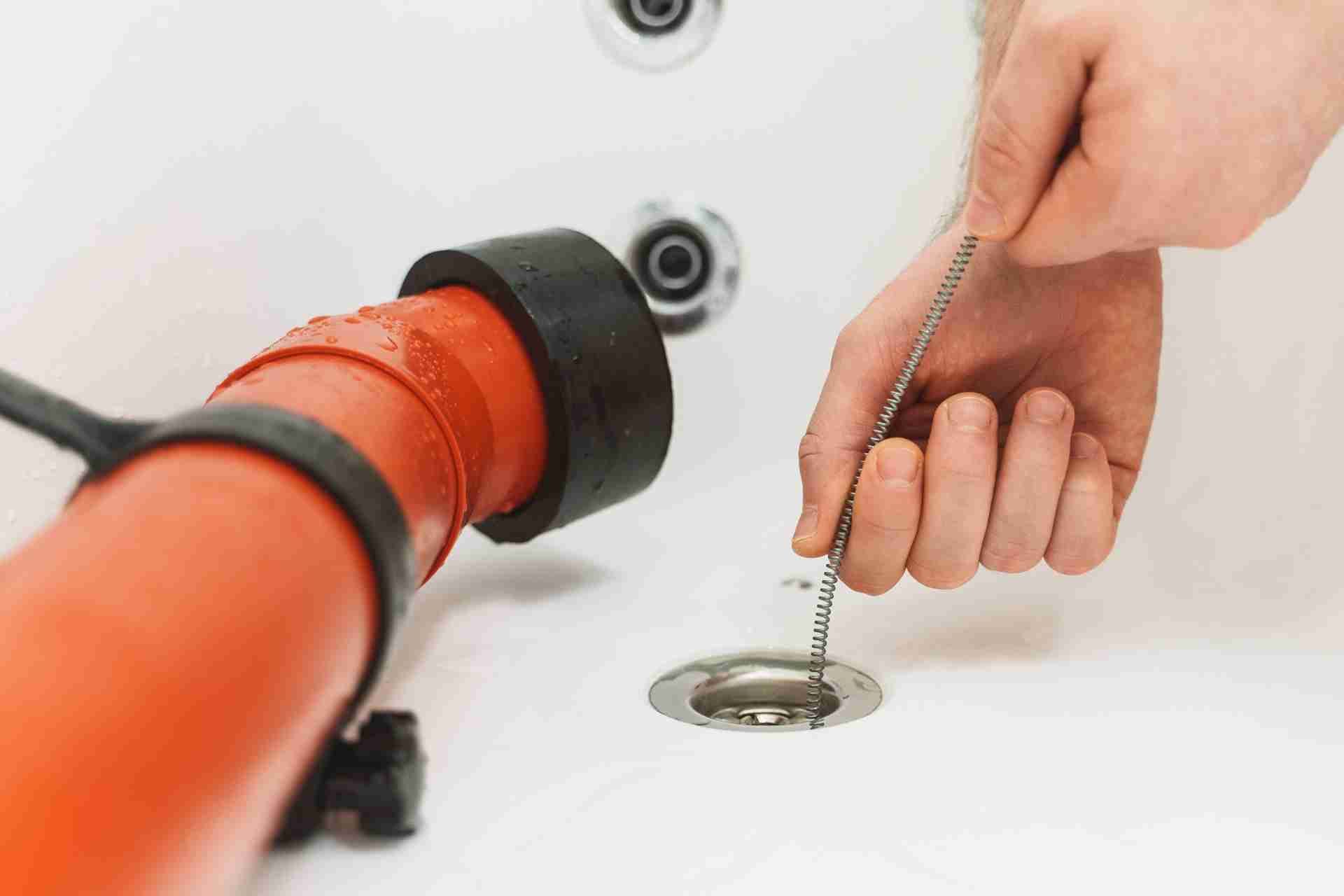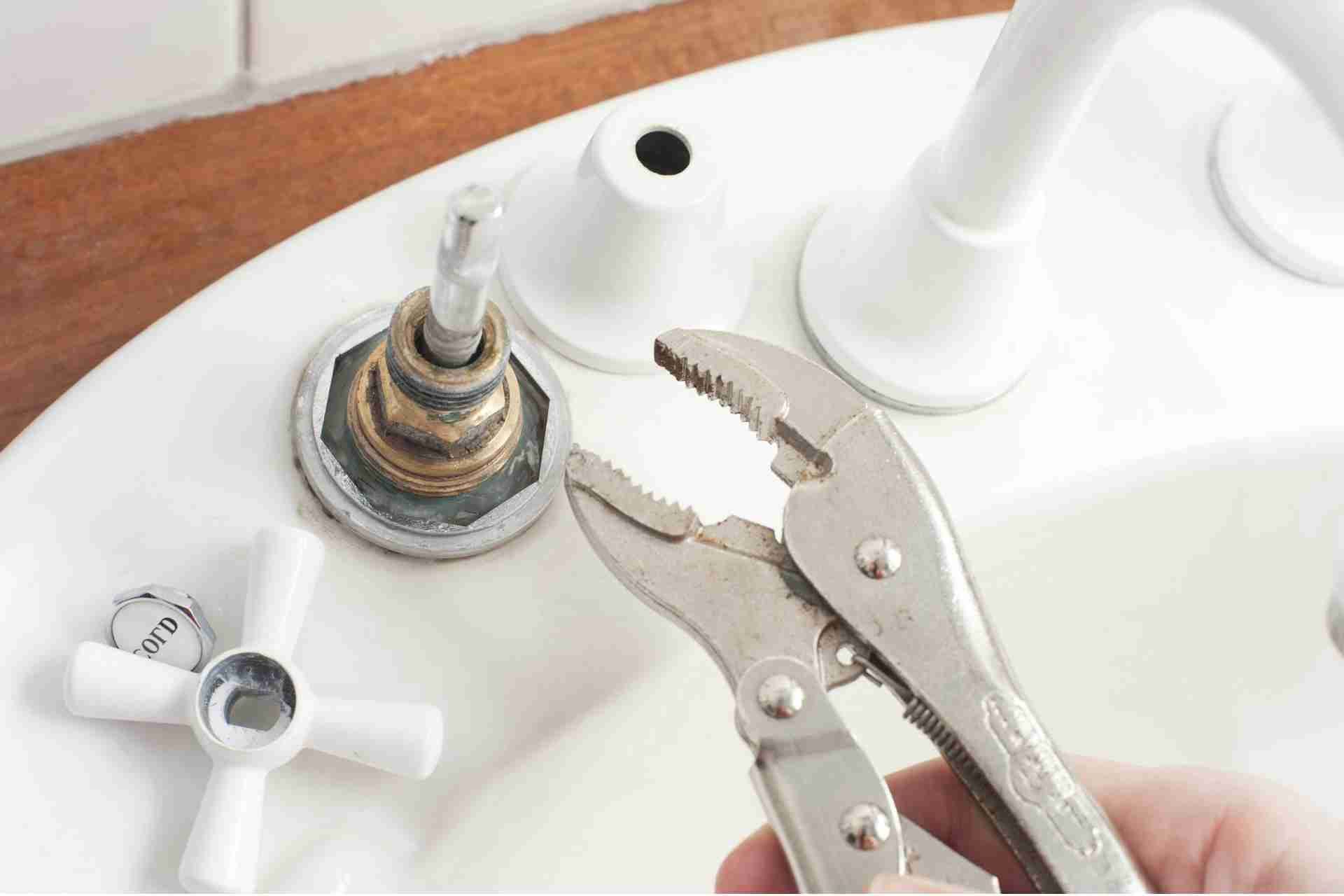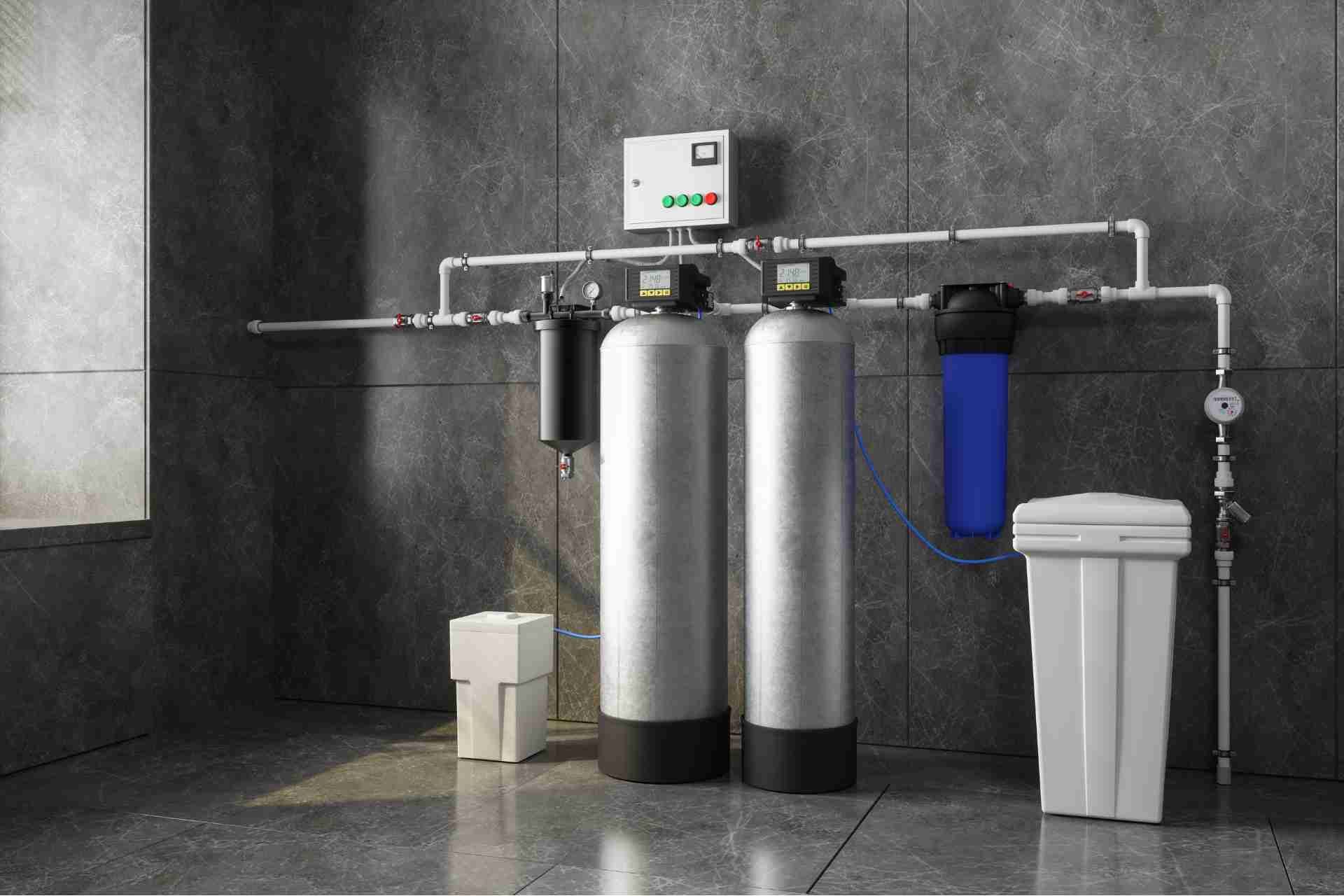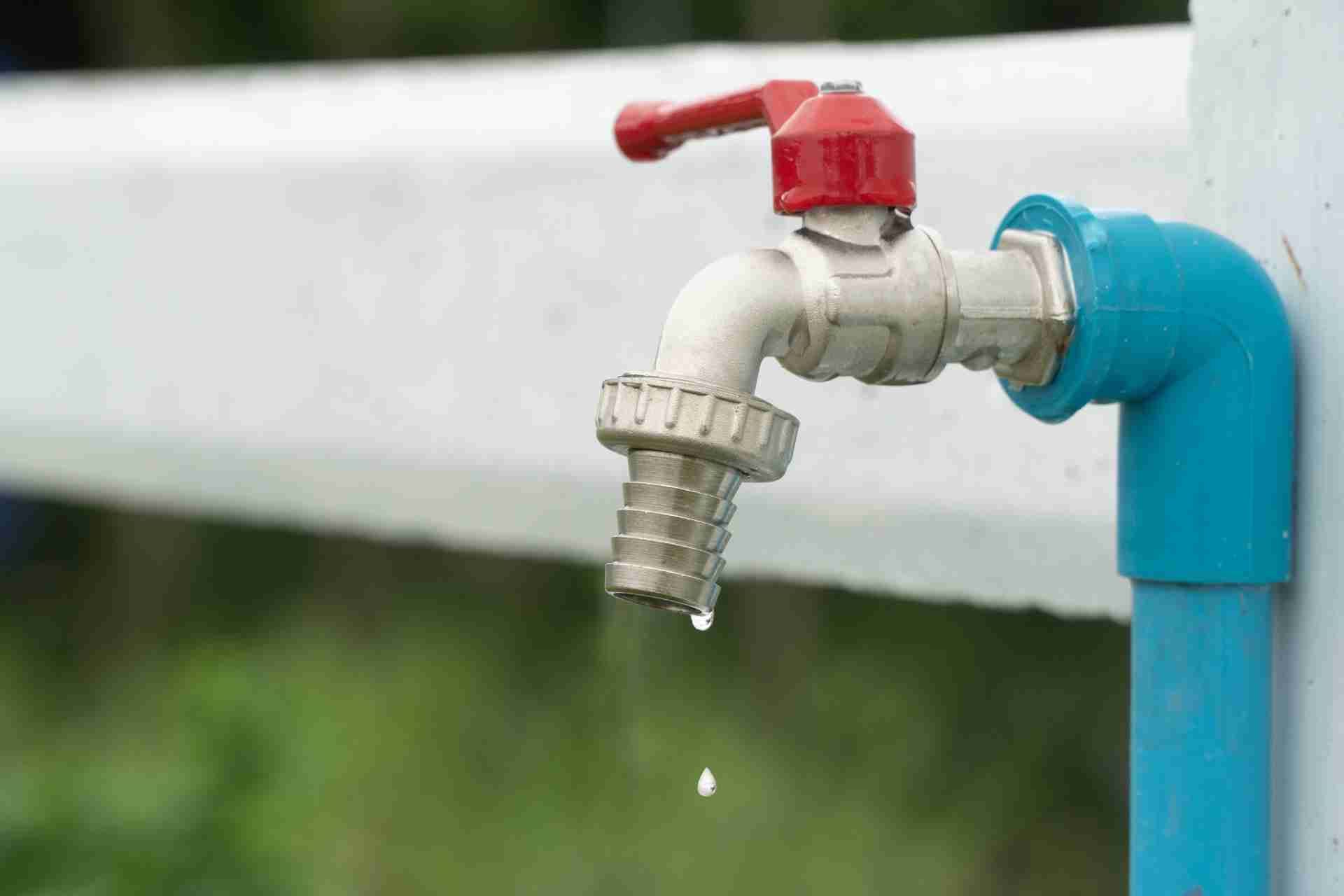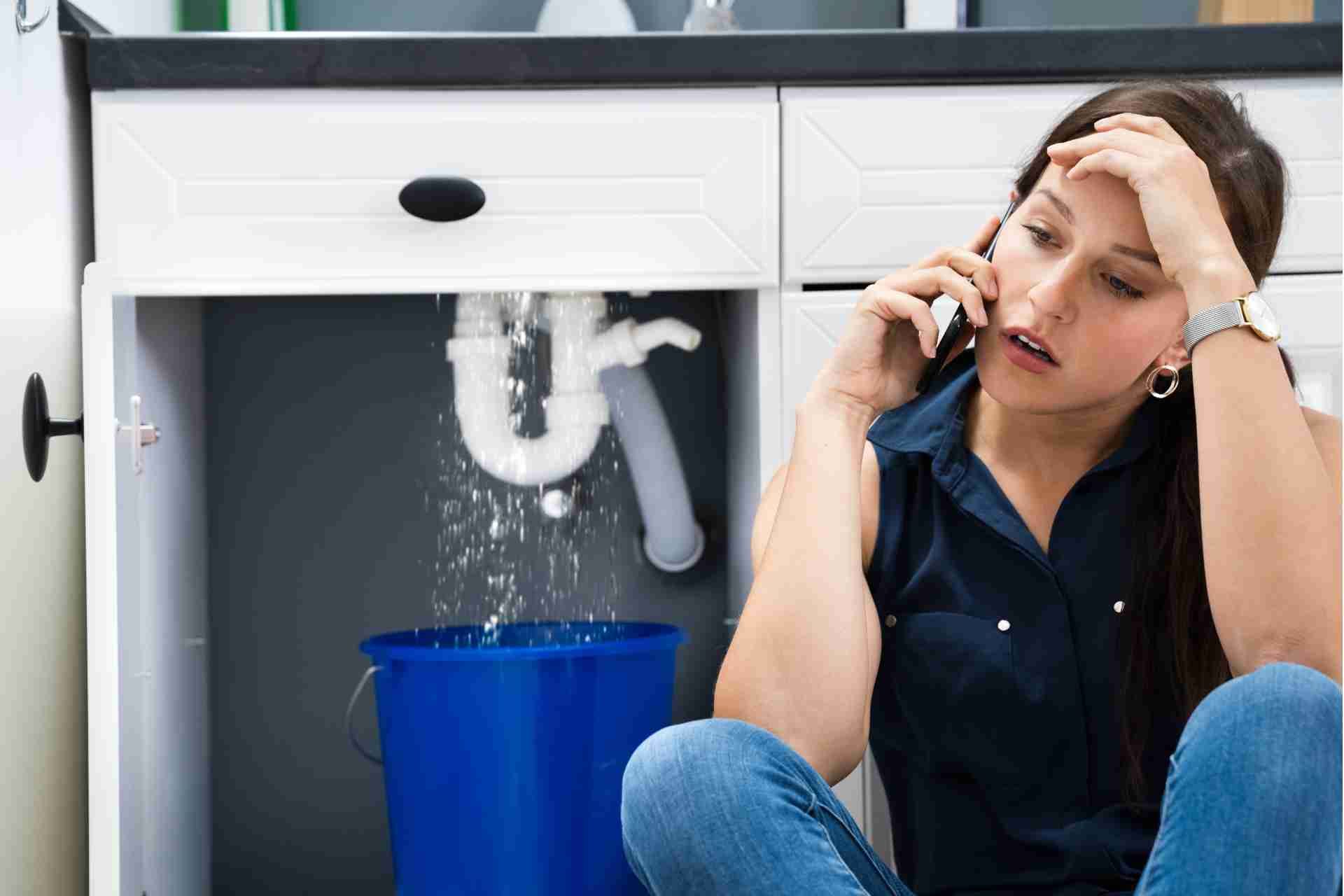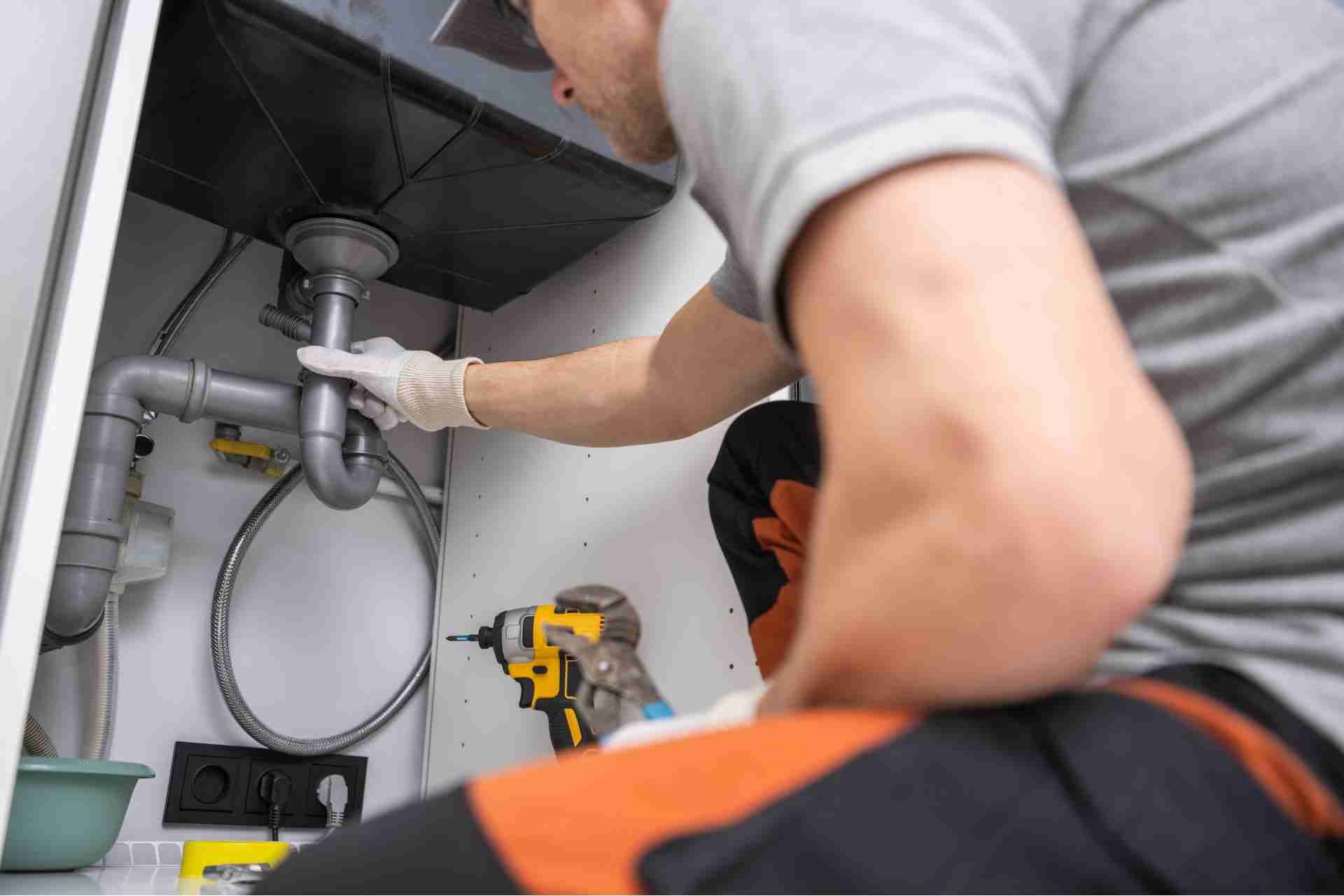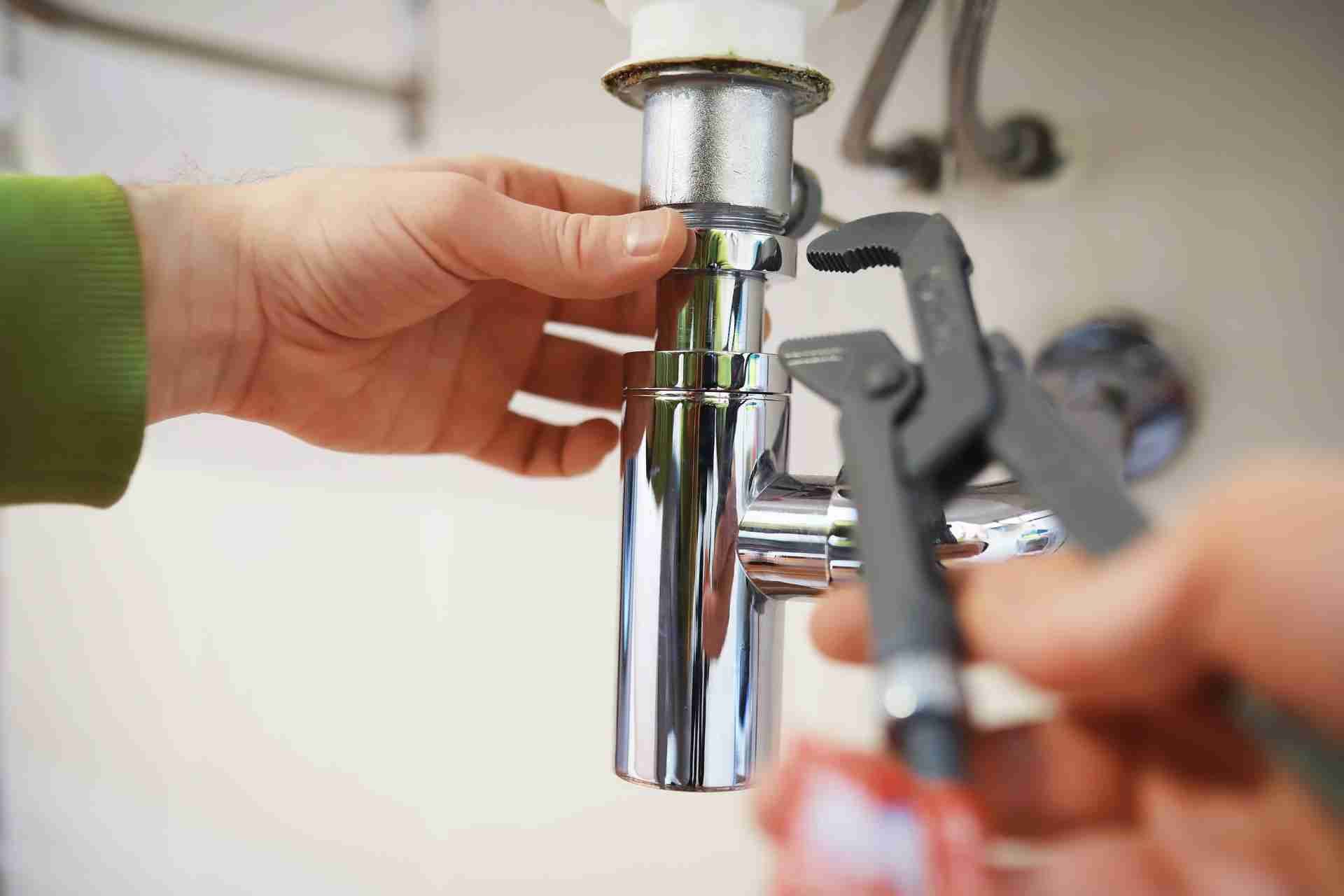When to Replace a Water Heater: Signs and Considerations
The
water heater is an essential appliance that provides us with warm baths, hot showers, and even clean dishes. However, like any other appliance, it has a lifespan and will eventually require replacement. Know the signs and considerations to keep in mind when determining if it's time to replace your water heater.
Age of the Water Heater
One of the primary factors to consider when deciding to replace a water heater is its age. On average, a traditional tank-style water heater will last around 10-15 years, while tankless models can last up to 20 years. If your water heater approaches or exceeds these timelines, it may be time to consider a replacement, even if there are currently no apparent issues.
Risk
The most common risk of an old water heater is the possibility of a catastrophic failure leading to flooding and property damage. Over time, internal corrosion can weaken the tank, making it prone to leaks or even a complete rupture. If the tank bursts, it can release gallons upon gallons of water in a matter of minutes, causing extensive destruction to your home and belongings. Moreover, if the water heater is located on an upper floor, the damage can be even more severe as water can cascade down through the different levels of your house.
Frequent Repairs
If you find yourself frequently repairing your water heater, it could be a sign that it is nearing the end of its lifespan. Over time, the components of a water heater can deteriorate, leading to leaks, faulty thermostats, or inefficient heating. If you're spending significant time and money on repairs, it may be more cost-effective to invest in a new water heater.
Risk
One of the significant risks of frequent repairs in a water heater is the inconvenience it causes. Imagine waking up to a cold shower or having to make do with lukewarm water for days until the repair is scheduled. Such situations can disrupt your daily routine, causing stress and discomfort. Moreover, if you have a large household or rely heavily on hot water for various activities, the inconvenience multiplies, making prompt repairs crucial.
Neglecting frequent repairs in a water heater can lead to more significant issues, such as water leaks or bursts. A small leak can quickly escalate into a major water problem, causing potential damage to your property and belongings. The risk of water damage extends beyond your immediate environment, potentially affecting adjacent areas or even neighboring units in apartments or multi-story buildings. Timely repairs or upgrading to a new unit can minimize the risk of disastrous water-related incidents.
Insufficient Hot Water
If you notice a decline in the amount of hot water your water heater provides, or if it doesn't get as hot as it used to, it might be an indication that the unit is struggling to function efficiently. Sediment buildup in the tank, a faulty heating element, or a deteriorating dip tube could all contribute to decreased hot water output. Before replacing the entire unit, consider having it inspected by a professional to determine if a repair can solve the issue.
Risk
Insufficient hot water can be inconvenient and uncomfortable, particularly in colder climates and during peak usage periods. It is often necessary to identify the specific cause of the issue and address it accordingly, which may involve adjusting thermostat settings, flushing the tank to remove sediment, or considering upgrading to a larger or more efficient water heater.
Leaks and Corrosion
Water leaking from your water heater is a red flag that should not be ignored. Small drips may be repairable, but extensive leaks or signs of corrosion could be an indication of internal tank damage. If left unaddressed, leaks can worsen, leading to property damage. Corrosion compromises the overall integrity of the water heater, making replacement the safest choice.
Risk
Leaks in water heaters can stem from various causes, including deteriorated fittings, loose connections, or a faulty temperature and pressure relief valve. When a leak occurs, it can lead to water damage in the surrounding area. This can damage the flooring, walls, and other structural components of your home. Moreover, prolonged exposure to water can create the perfect environment for mold and mildew growth, which can negatively impact the overall air quality and pose health risks to your family.
Apart from leaks, corrosion is another problem that affects water heaters. Corrosion occurs when the metal components of the water heater, such as the tank or pipes, interact with the water and deteriorate over time. This can lead to a decrease in the overall efficiency and lifespan of the water heater. Additionally, corroded tanks are more prone to leaks and can potentially rupture, causing extensive
water damage and potential injury.
Inefficiency and Rising Energy Bills
Water heaters become less energy-efficient over time due to sediment buildup and general wear and tear. If you notice a significant increase in your energy bills, it could be a hint that your water heater is struggling to work efficiently. Newer models are designed to be energy-efficient, and investing in one can help reduce monthly utility costs.
Why you need an Expert to care for your hot water heater
Your hot water heater is an essential appliance in your home, and it requires expert care to function at its best. By entrusting professionals with its maintenance and repair, you can ensure your safety, prevent further damage, and prolong the lifespan of your hot water heater. Don't overlook the importance of expert care – give your hot water heater the attention it deserves! Reach out to
Tru-Flo Plumbing to get a quote.
